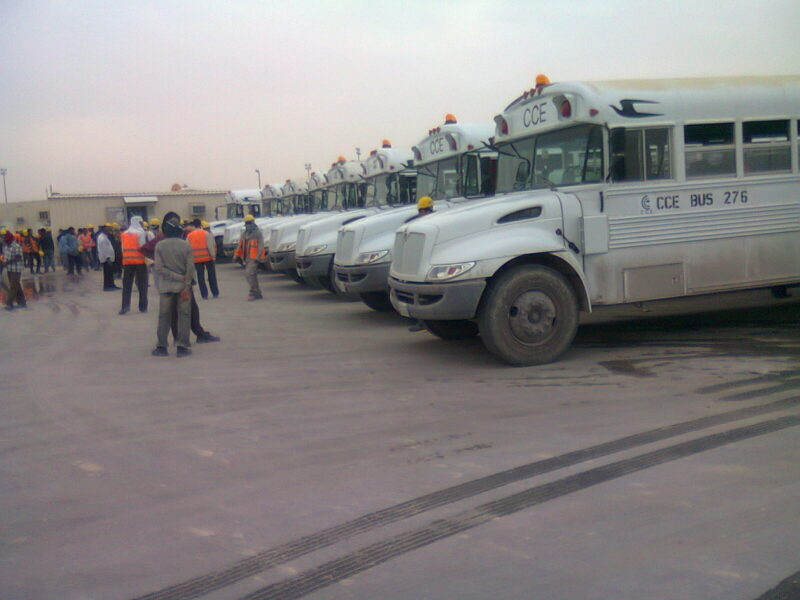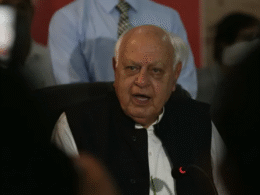For decades, millions of migrant workers from India and South Asia have sought jobs in the Gulf region, especially Saudi Arabia, for better opportunities. But their lives and livelihoods have been governed by an infamous sponsorship structure known as the Kafala system — a mechanism critics call “modern-day slavery.” With Saudi Arabia moving towards labor reforms and partial dismantling of this system, the change could significantly impact Indian workers’ rights and welfare.
What Is the Kafala System?
The Kafala system (Arabic for “sponsorship”) is a legal framework that has traditionally governed foreign workers’ employment in Gulf Cooperation Council (GCC) countries, including Saudi Arabia, the UAE, Qatar, Kuwait, Bahrain, and Oman.
Under Kafala, a migrant worker’s legal status is tied to their employer, known as the “kafeel.” This means the employer controls the worker’s visa, employment, and ability to change jobs or leave the country.
In practice, this often led to:
- Passport confiscation by employers.
- Restriction on job mobility — workers couldn’t switch jobs without employer consent.
- Exploitation and abuse, as workers risked deportation if they complained or tried to leave.
- Poor living conditions and unpaid wages, especially in domestic and construction sectors.
Why It’s Being Abolished
Over the past decade, international human rights organizations, including the International Labour Organization (ILO), have repeatedly called for ending the Kafala system, labeling it exploitative.
Saudi Arabia, as part of its Vision 2030 reforms, began dismantling parts of the system in 2021. The reform allowed:
- Workers to change jobs without employer approval after their contract ends.
- Exit and re-entry visas to be applied for directly by workers.
- Greater digital oversight of employment contracts.
However, domestic workers and certain low-wage sectors still face restrictions.
How It Could Help Indian Migrant Workers
India sends over 2.5 million workers to Saudi Arabia and nearly 8 million to the Gulf region. Most are employed in low-paying sectors such as construction, domestic work, and services.
Abolishing the Kafala system could mean:
- More job freedom – Workers can switch employers without fear of blacklisting.
- Less exploitation – Reduced instances of passport confiscation and wage withholding.
- Legal protection – Access to fair labor laws and grievance redressal mechanisms.
- Better living conditions – Employers would no longer control workers’ movement and residence.
- Improved remittance flow – With stable income and job security, workers can send money home more reliably.
Challenges Ahead
Despite reforms, implementation remains uneven. Employers still retain informal control over workers in many cases, and domestic workers — largely women — remain excluded from many labor protections. Advocacy groups insist that full abolition and strict enforcement are crucial to end the exploitation.
Conclusion
The end of the Kafala system could be a turning point for millions of Indian migrant workers who power the Gulf economies. While reforms mark progress, true change will depend on consistent monitoring, bilateral cooperation, and stronger legal safeguards that ensure migrant workers are treated with dignity and fairness.











